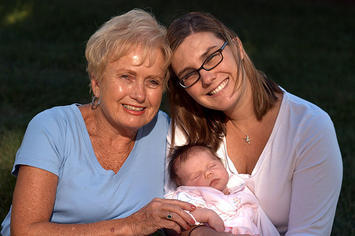
The old issues of class, race and geography may still dominate coverage of our changing political landscape, but perhaps a more compelling divide relates to generations. American politics are being shaped by two gigantic generations – the baby boomers and their offspring, the millennials – as well as smaller cohorts of Generation X, who preceded the millennials, and what has been known as the Silent Generation, who preceded the boomers.
Both the boomers and the Silents gradually have moved to the right as they have aged. Other factors underpin this trend, such as the fact that boomers are overwhelmingly white – well over 70 percent compared with roughly 58 percent for millennials. People in their 50s and 60s have seen their incomes and net worth rise while millennials have done far worse, at this stage of their lives, than previous generations.
Although millennials are more numerous than boomers, the elderly are a growing portion of the population, and they tend to vote in bigger numbers. Voters over age 65 turn out at a rate above 70 percent, while barely 40 percent of those under 25 cast ballots. That may be one factor in why this presidential campaign is dominated not by youth, but by aging figures like Donald Trump (69), Hillary Clinton (68) and Bernie Sanders (74).
The Silent Generation
Leading generational analysts – Neil Howe, Morley Winograd, Mike Hais – have suggested that the experiences people have growing up shape political beliefs throughout their lives. This does not mean that people do not change as they age, but where they started remains a key factor in determining how far these changes spread within a generation.
The now-passing Greatest Generation – the group that survived the Depression and the Second World War – were largely shaped by the experiences of the New Deal and the boom of the postwar era. This has made them consistently less conservative than successor generations, and they have retained their Democratic affiliations.
Read the entire piece at the Orange County Register.
Joel Kotkin is executive editor of NewGeography.com and Roger Hobbs Distinguished Fellow in Urban Studies at Chapman University, and a member of the editorial board of the Orange County Register. He is also executive director of the Houston-based Center for Opportunity Urbanism. His newest book, The New Class Conflict is now available at Amazon and Telos Press. He is also author of The City: A Global History and The Next Hundred Million: America in 2050. He lives in Orange County, CA.
Photo: driki












